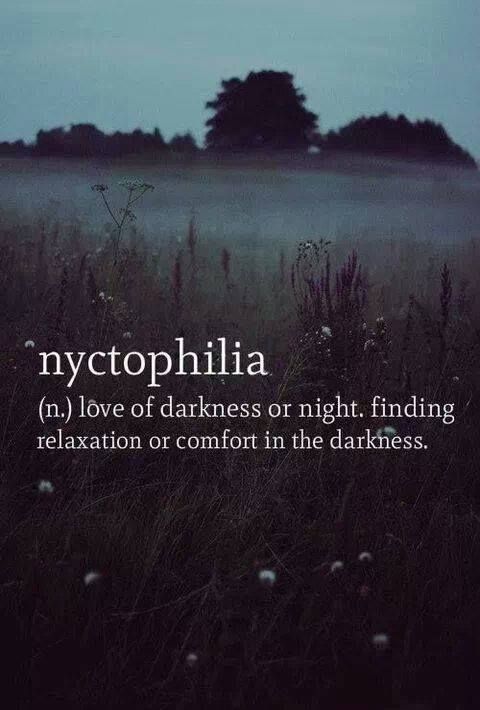Un escritor, artista y editor de Minnesotta llamado John Koenig se dió cuenta que el lenguaje está lleno de agujeros, y decidió arreglarlo. Fué así como nació este proyecto llamado “The Dictionary of Obscure Sorrows”, donde se ha dado a la tarea de buscar todas esas emociones que aún no tienen un nombre que las identifique. Y bautizarlas.
Aquí los dejo con 23 de ellas…
The Dictionary of Obscure Sorrows is a compendium of invented words written by John Koenig. Each original definition aims to fill a hole in the language—to give a name to emotions we all might experience but don’t yet have a word for.
John Koenig is a graphic designer, editor, and voice performer from Minnesota, who currently lives in Amsterdam with his wife. His work has been acclaimed by New York Magazine, Washington Post Express, Business Insider, Jason Kottke, and the guys from Radiolab.
23 Emotions people feel, but can’t explain.
- Sonder: The realization that each passerby has a life as vivid and complex as your own.
- Opia: The ambiguous intensity of Looking someone in the eye, which can feel simultaneously invasive and vulnerable.
- Monachopsis: The subtle but persistent feeling of being out of place.
- Énouement: The bittersweetness of having arrived in the future, seeing how things turn out, but not being able to tell your past self.
- Vellichor: The strange wistfulness of used bookshops.
- Rubatosis: The unsettling awareness of your own heartbeat.
- Kenopsia: The eerie, forlorn atmosphere of a place that is usually bustling with people but is now abandoned and quiet.
- Mauerbauertraurigkeit: The inexplicable urge to push people away, even close friends who you really like.
- Jouska: A hypothetical conversation that you compulsively play out in your head.
- Chrysalism: The amniotic tranquility of being indoors during a thunderstorm.
- Vemödalen: The frustration of photographic something amazing when thousands of identical photos already exist.
- Anecdoche: A conversation in which everyone is talking, but nobody is listening
- Ellipsism: A sadness that you’ll never be able to know how history will turn out.
- Kuebiko: A state of exhaustion inspired by acts of senseless violence.
- Lachesism: The desire to be struck by disaster – to survive a plane crash, or to lose everything in a fire.
- Exulansis: The tendency to give up trying to talk about an experience because people are unable to relate to it.
- Adronitis: Frustration with how long it takes to get to know someone.
- Rückkehrunruhe: The feeling of returning home after an immersive trip only to find it fading rapidly from your awareness.
- Nodus Tollens: The realization that the plot of your life doesn’t make sense to you anymore.
- Onism: The frustration of being stuck in just one body, that inhabits only one place at a time.
- Liberosis: The desire to care less about things.
- Altschmerz: Weariness with the same old issues that you’ve always had – the same boring flaws and anxieties that you’ve been gnawing on for years.
- Occhiolism: The awareness of the smallness of your perspective.

